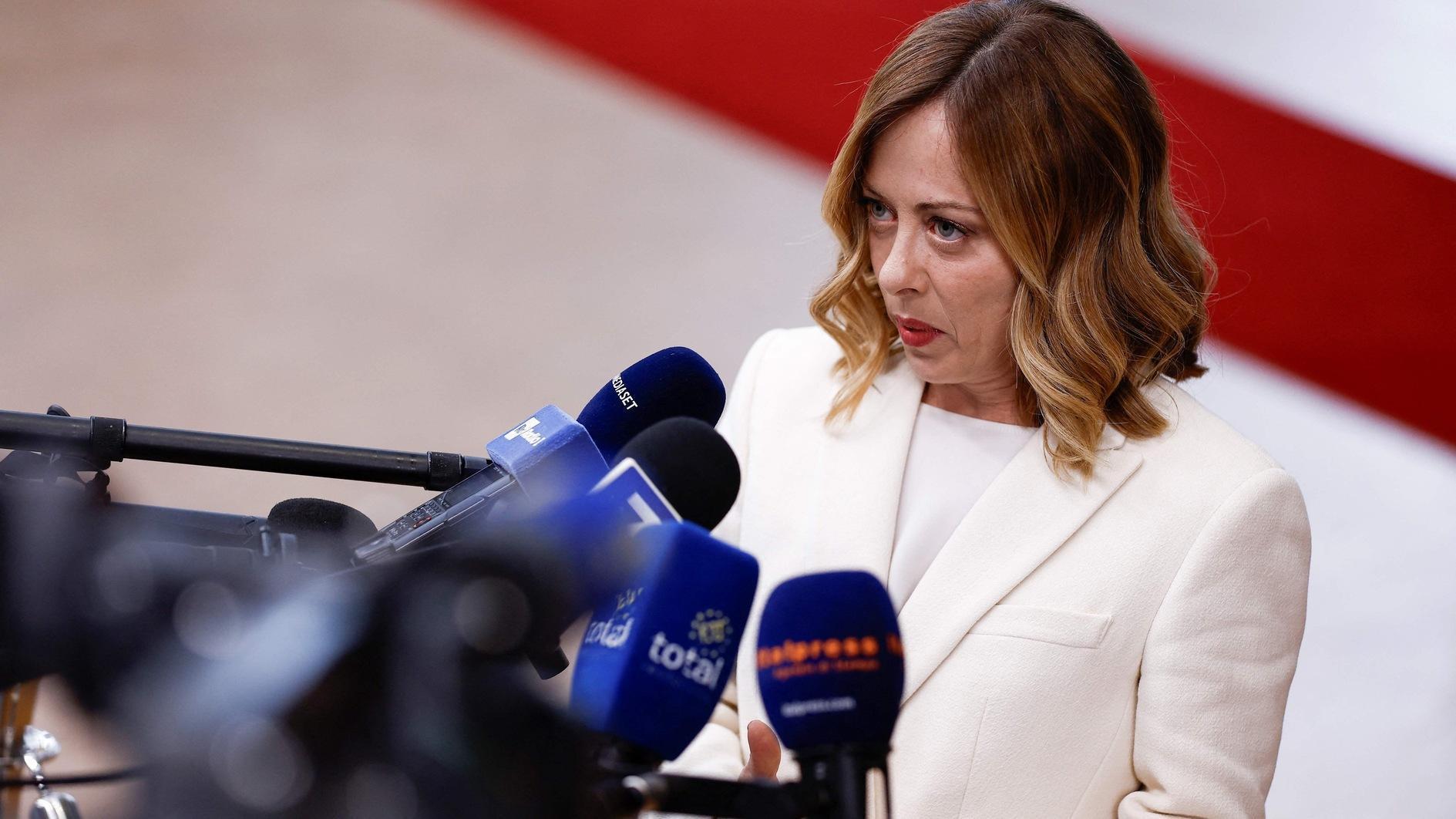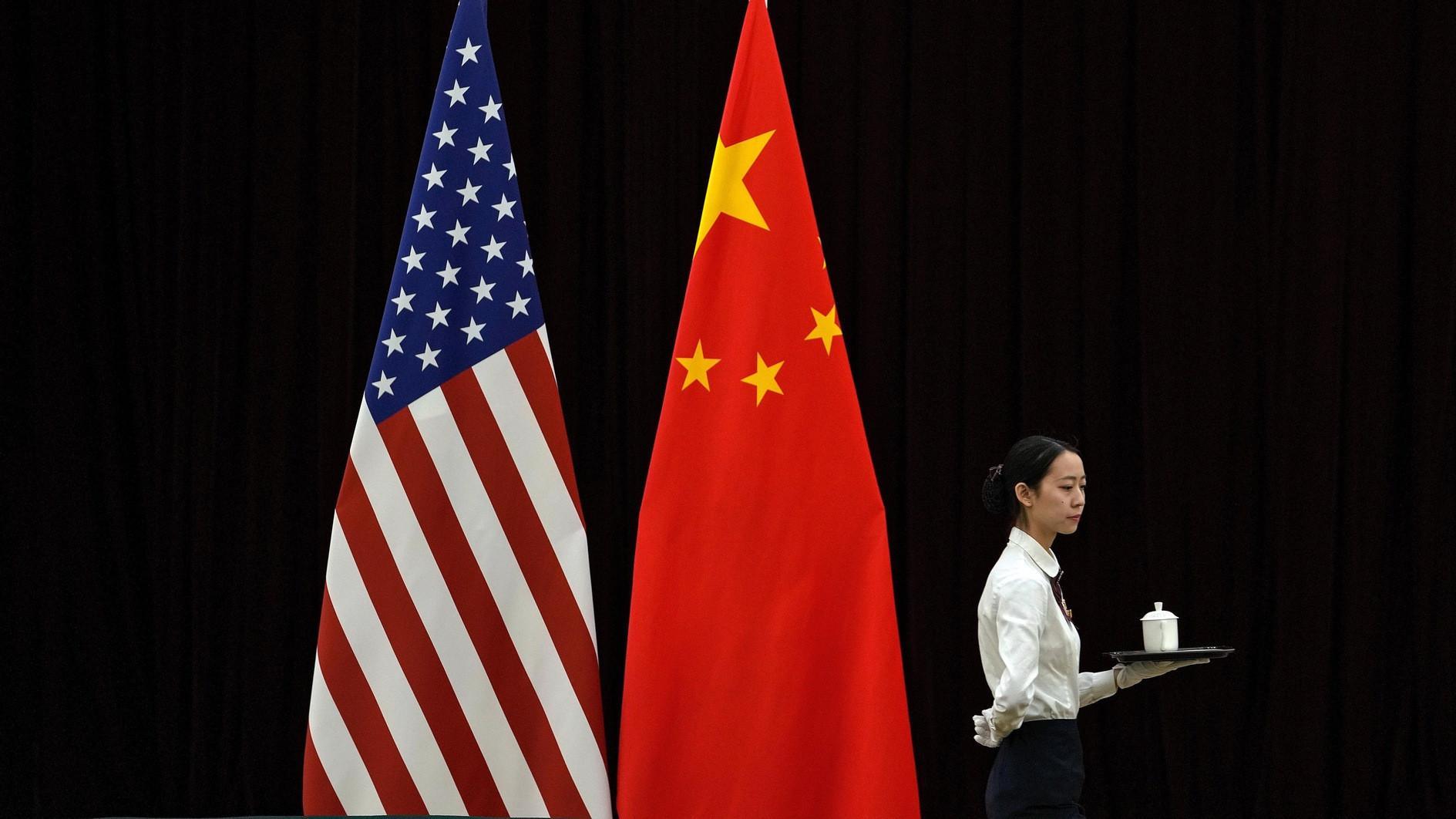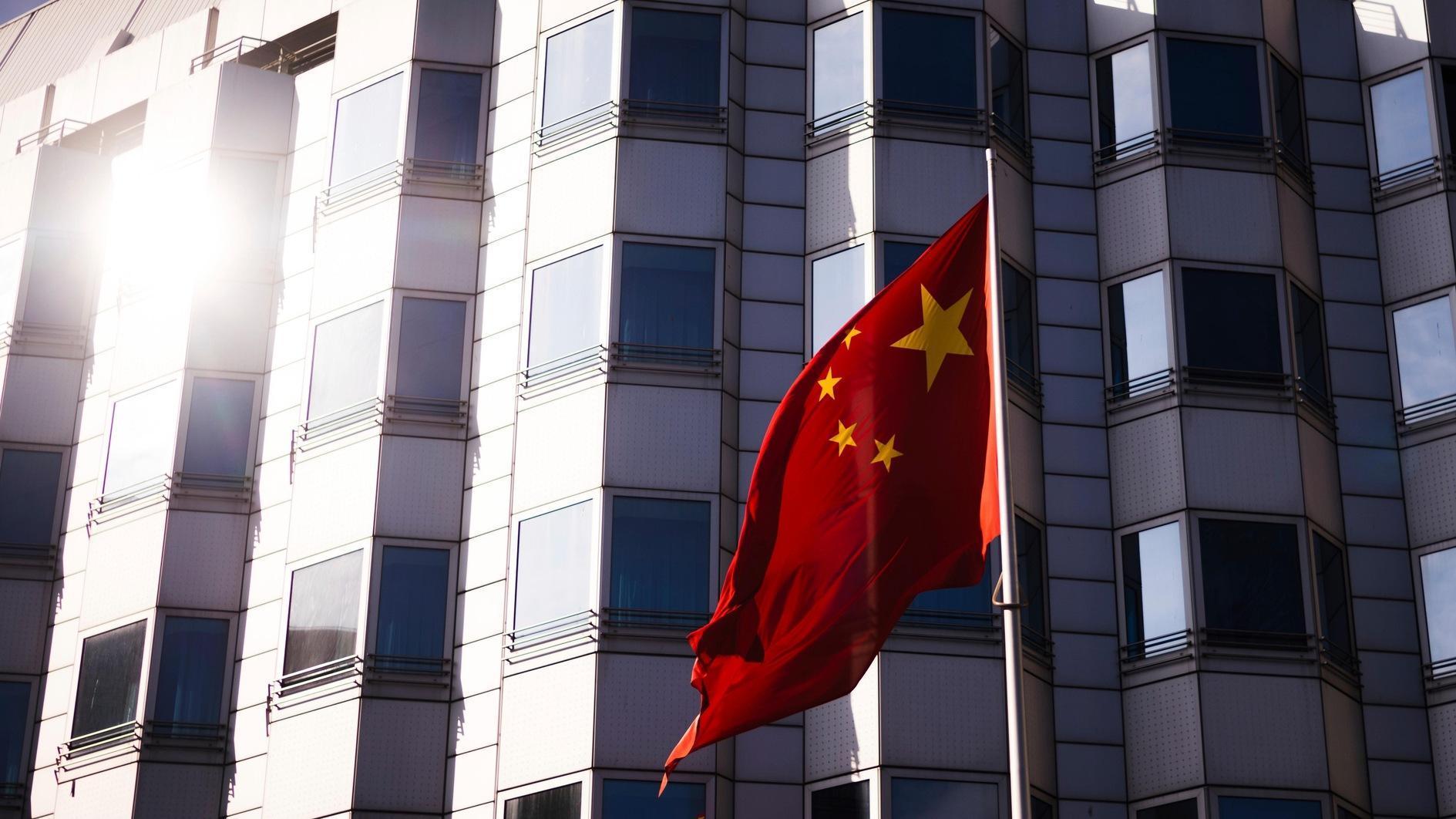The justice march
Government circles have been reacting to Republican People’s Party (CHP) head Kemal Kılıçdaroğlu for not carrying any party symbols on his “justice march.”
It is understandable why he is doing this because he is criticizing the government’s stance on justice and the judiciary.
An irrefutable truth is the fact that there is currently a problem of justice and judiciary in Turkey; a problem that was always there in the past too.
The feeling of injustice and the concern over a politicized judiciary is becoming widespread in the society.
As long as the government does not do something to reverse this concern it will get bigger.
If freedom is one concept that has found a big appeal on the masses in Turkish political history, the other one is justice. Following the May 27, 1960 military coup, the name of one of the parties that was established was “Justice.”
Following the Feb. 28, 1997, process, which was called the post-modern coup, the party that was formed in its aftermath was named “Justice and Development.” As all parties on the right-wing could not pass the threshold, the Justice and Development Party (AKP) came to power. It has been in government for 15 years.
The first period of the AKP is one in which reforms were undertaken in line with the European Union’s concepts of universal law and judiciary. It is thanks to those reforms foreign direct investments saw a boost.
Yet, together with the syndrome of being in long-maintained governance, their rhetoric and stance have changed. The concepts of the reform period are being replaced by tough and polarizing rhetoric.
A turning point in the irrefutable truth about justice is this: The government made a legal amendment on June 15, 2014, decriminalizing giving instructions, putting pressure on or influencing officials of the judiciary during investigation processes. Article 138 of the constitution, which says all these cannot be done, now lingers in the air. The investigations and indictments are now in line with the executive.
Don’t we see some bizarre and blatantly politicized indictments alongside those which bring out the truth?
Don’t we come across unseen court decisions? Is it possible for the society’s longing for justice not to increase?
Davutoğlu’s words
Former Prime Minister Ahmet Davutoğlu voiced this longing.
“If we are to talk about the establishment of a ‘big Turkey,’ then first and foremost we need to build conscience, justice and mercy within the state. We have to have meritocracy in the bureaucracy and we have to raise academics who do not remain silent but speak with courage when something wrong is done on this issue,” he said 10 days ago in an interview with local media in Konya.
Hundreds of thousands of people, including academics, have been dismissed. A commission was set up on Jan. 23 to set apart those who were subjected to injustice. It is still not functioning.
Reading the reality properly
Isn’t it natural for Kılıçdaroğlu to walk for justice and for the society to show interest to it?
In addition, one has to appreciate the fact that he uses a peaceful and inclusive rhetoric and warns against potential provocations.
The government should view this sociological picture in a correct way and put forth a healthy analysis.
While this picture is increasing anxiety among society, it is also stirring trouble for the government in its foreign policy, law and democracy images.
The government, instead of criticizing, should take people’s demand for justice and freedom seriously. In that case, its hands in foreign policy will strengthen too.











